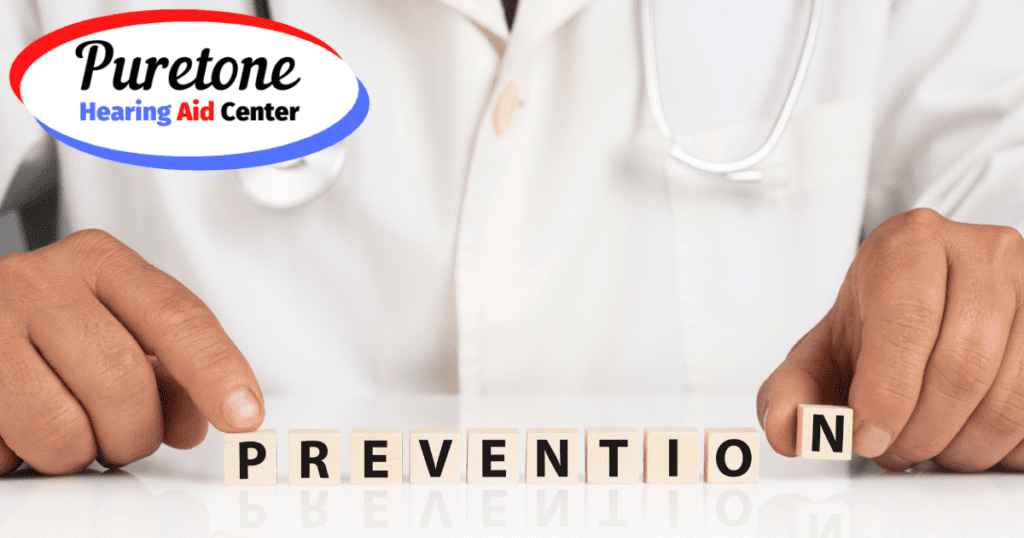
Winter Tips for Maintaining Optimum Performance of Your Hearing Aids
As the winter season approaches, it’s important to consider the impact that colder temperatures and increased moisture can have on the performance of your hearing aids. With proper care and maintenance, you can ensure that your hearing aids continue to work effectively, allowing you to enjoy clear and crisp sound throughout the winter months. In this blog post, we will discuss the effects of winter on hearing aids, provide winter care tips, discuss battery performance in colder temperatures, and offer guidance for maintaining your hearing aids while participating in winter activities. Effects of Winter on Hearing Aids: Cold temperatures can affect the performance of your hearing aids in various ways. Firstly, extreme cold can cause battery life to decrease, leading to shorter usage times. Secondly, condensation can form within the hearing aids when transitioning between cold outdoor temperatures and warm indoor environments, causing damage and affecting sound quality. Winter Care Tips for Hearing Aids: To keep your hearing aids in top shape during winter, follow these tips: 1. Keep hearing aids dry and moisture-free:– Use a dehumidifier or drying kit specifically designed for hearing aids to remove moisture buildup overnight.– Avoid exposing your hearing aids to excessive moisture, such as wearing them in the shower or while swimming. 2. Protect hearing aids from cold temperatures:– Avoid leaving your hearing aids in extremely cold environments, such as in a car overnight or while participating in winter sports.– Utilize protective covers or sleeves to provide insulation and shield your hearing aids from the cold. 3. Clean hearing aids regularly:– Clean your hearing aids daily with a soft, dry cloth to remove any dirt or debris.– Use a small brush or specialized cleaning tools to clean hard-to-reach areas.– Avoid using water or cleaning solutions unless specifically recommended by your hearing care professional. Battery Performance in Winter: Cold temperatures can significantly reduce the lifespan of your hearing aid batteries. To maximize battery life during the winter months, consider the following suggestions: 1. Keep spare batteries in a warm place:– Carry spare batteries in a small case or pocket that is kept close to your body to maintain their temperature.– Cold batteries may not function properly, so it’s essential to have warm backups readily available. 2. Consider using rechargeable batteries:– Rechargeable batteries can be more reliable in colder temperatures and reduce the need for constantly purchasing and replacing disposable batteries.– Consult with your hearing care professional to determine if rechargeable batteries are suitable for your hearing aids. Winter Activities and Hearing Aid Maintenance: Participating in winter activities can be enjoyable, but it’s important to take extra care when wearing your hearing aids: 1. Skiing or snowboarding:– Use protective covers or clips to secure your hearing aids and prevent loss during fast-paced movements.– Consider investing in moisture-resistant hearing aids designed to withstand winter sports activities. 2. Ice skating or snowshoeing:– Use protective covers or sleeves to keep your hearing aids shielded from cold temperatures and precipitation.– Avoid exposure to excessive moisture by wiping your hearing aids dry after participating in these activities. By following these winter care tips for your hearing aids, you can ensure optimal performance throughout the colder months. Take proactive measures to protect your hearing aids from the effects of cold temperatures and moisture. Remember to clean your hearing aids regularly and maintain proper battery care. If you have any concerns or questions about winter maintenance for your hearing aids, don’t hesitate to give us a call, or just CLICK HERE to book an appointment online. By prioritizing the care of your hearing aids, you can continue to enjoy the sounds of the winter season without any compromise.








